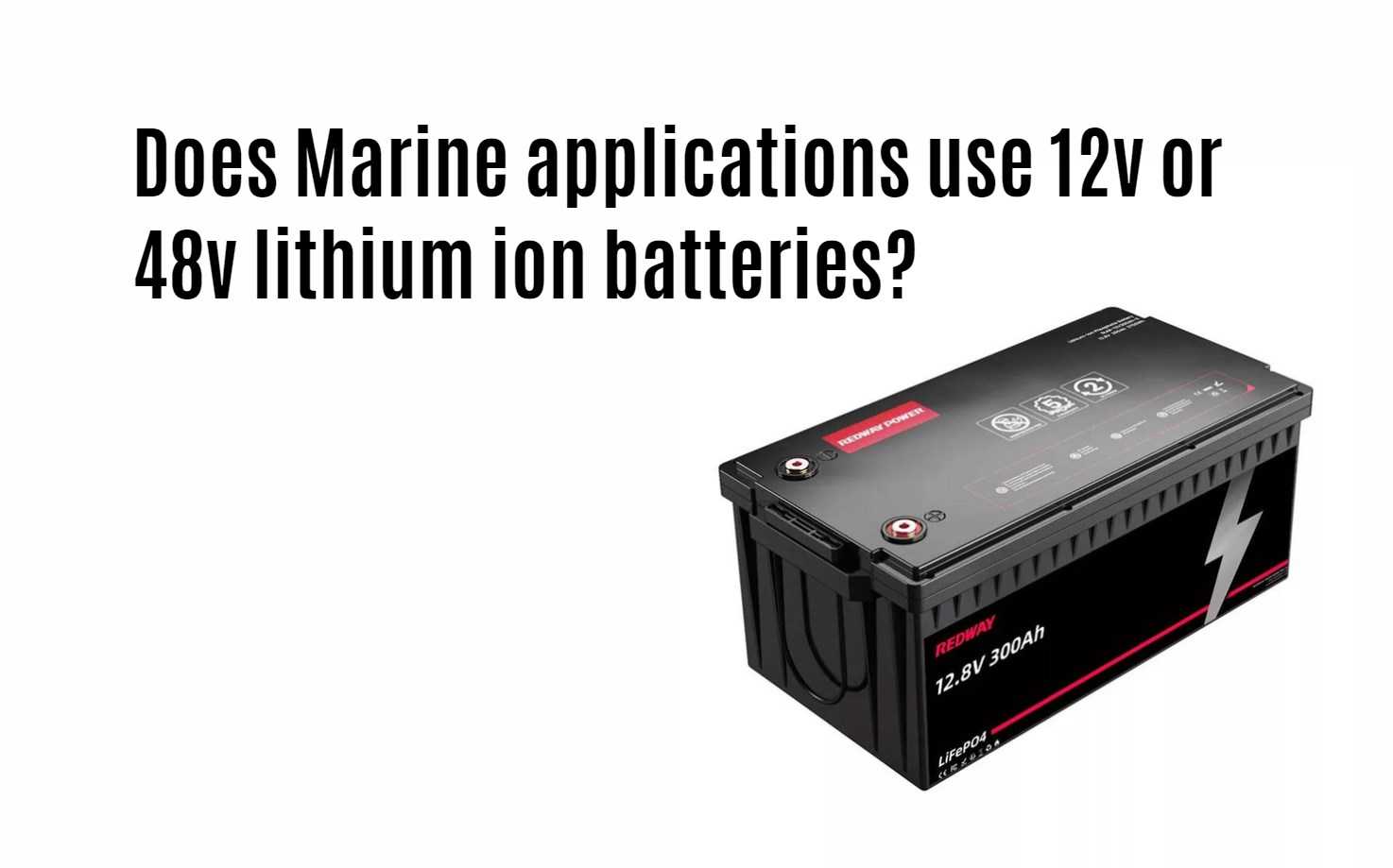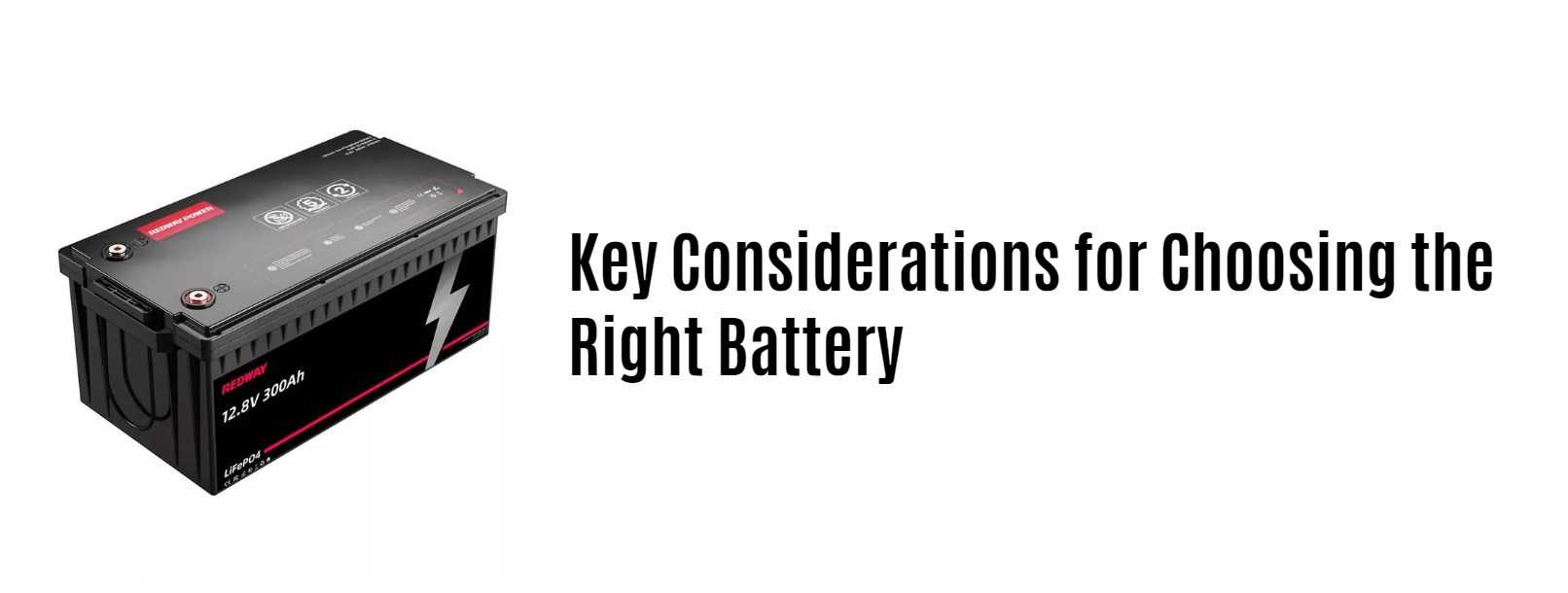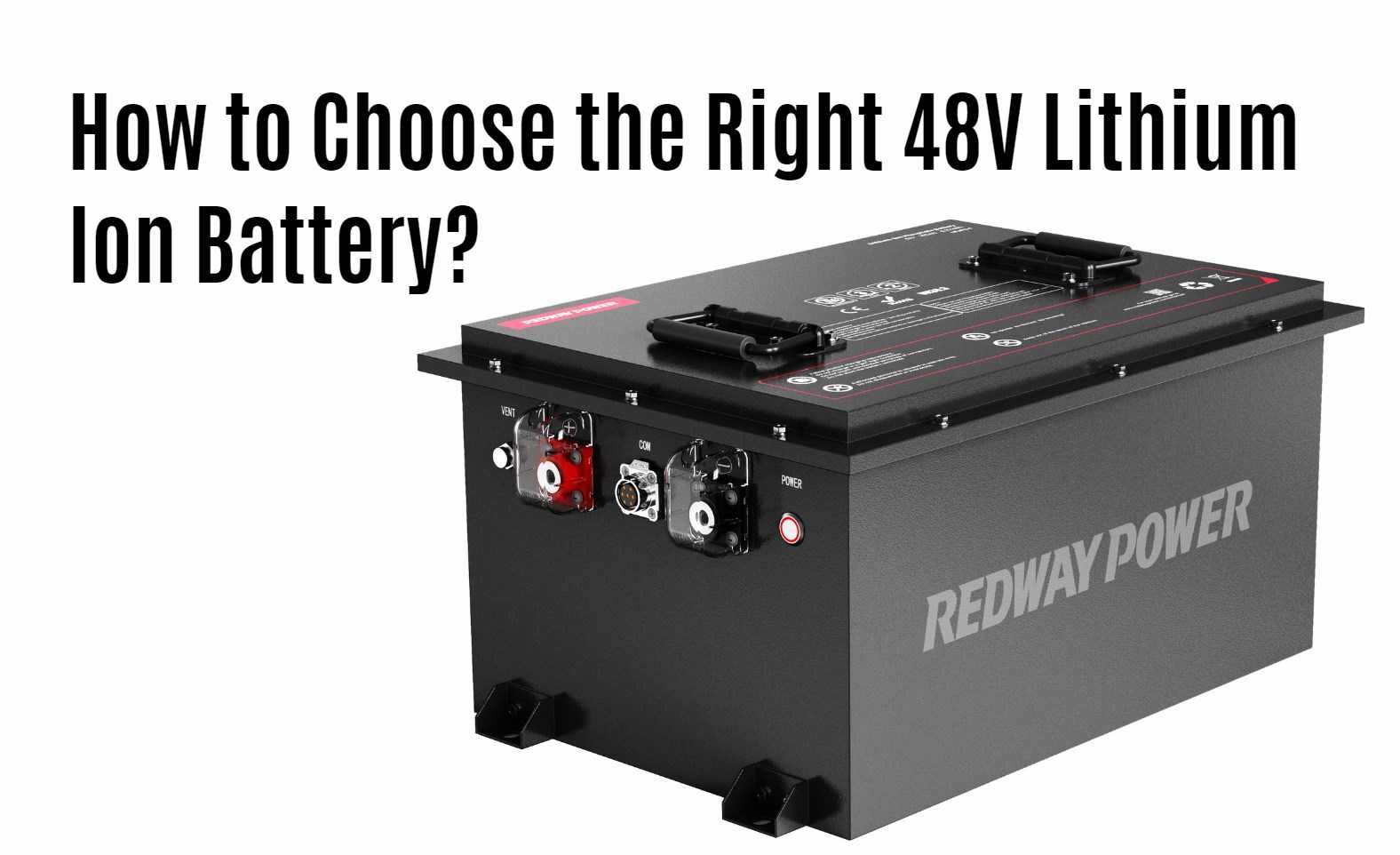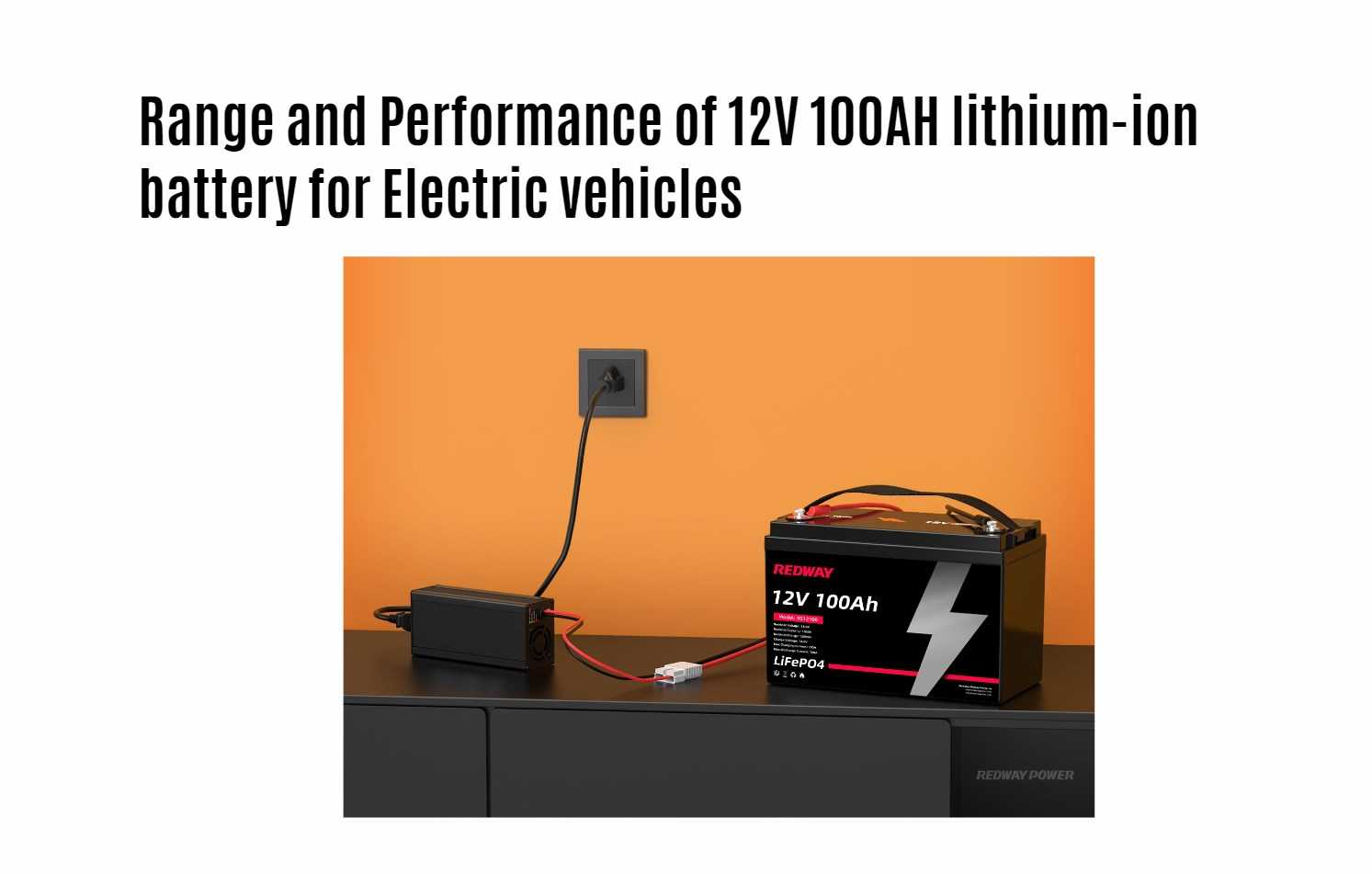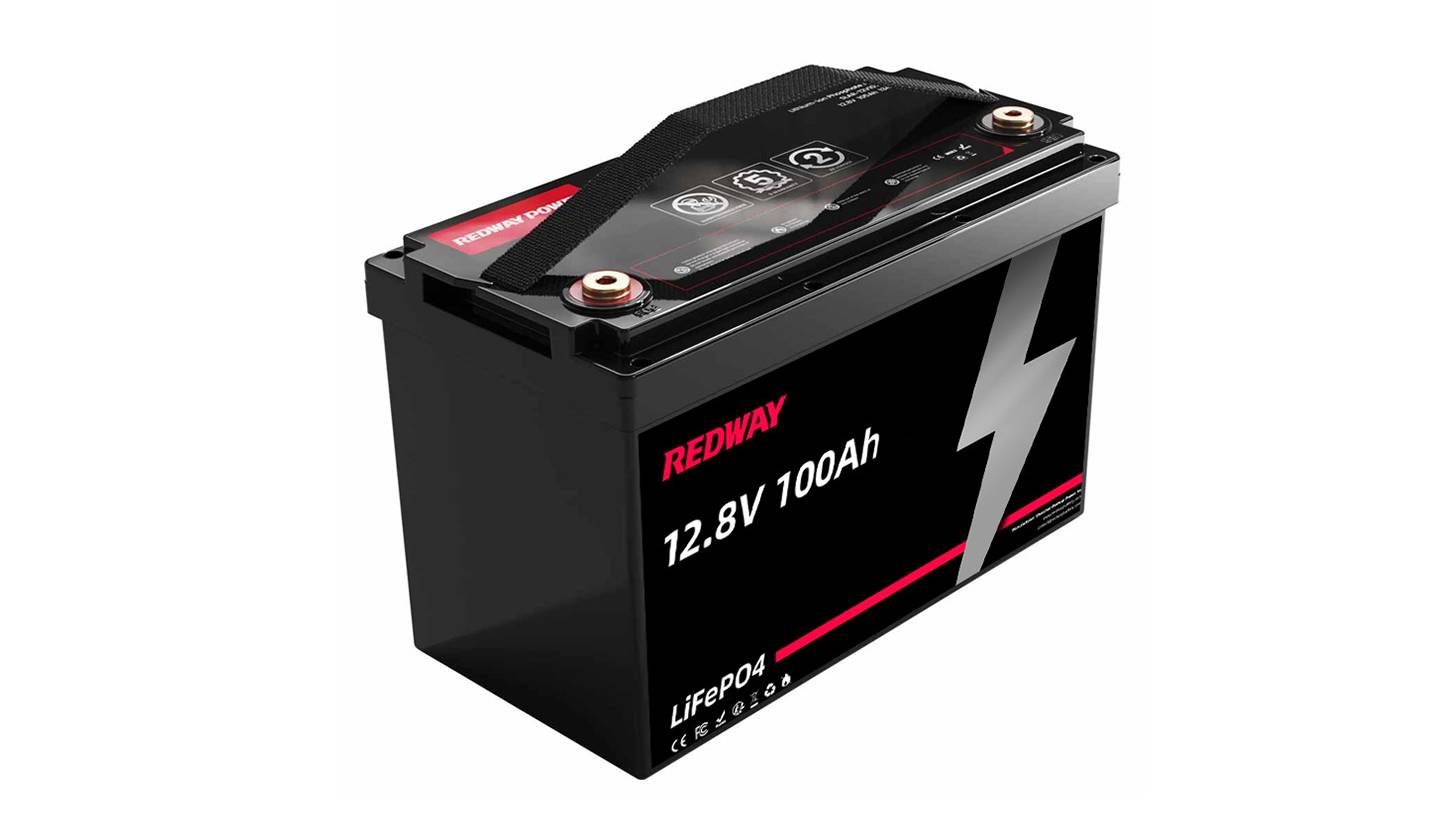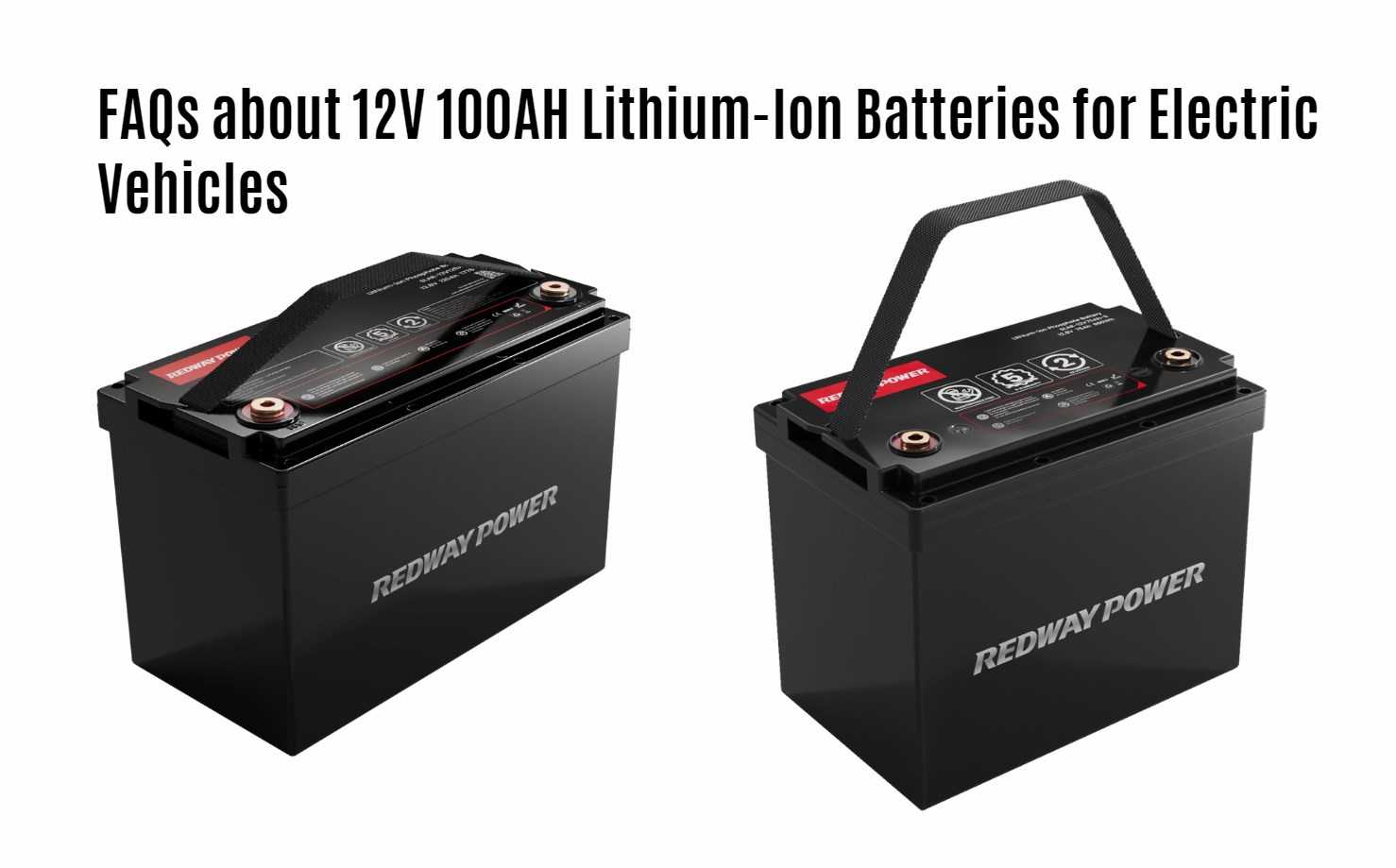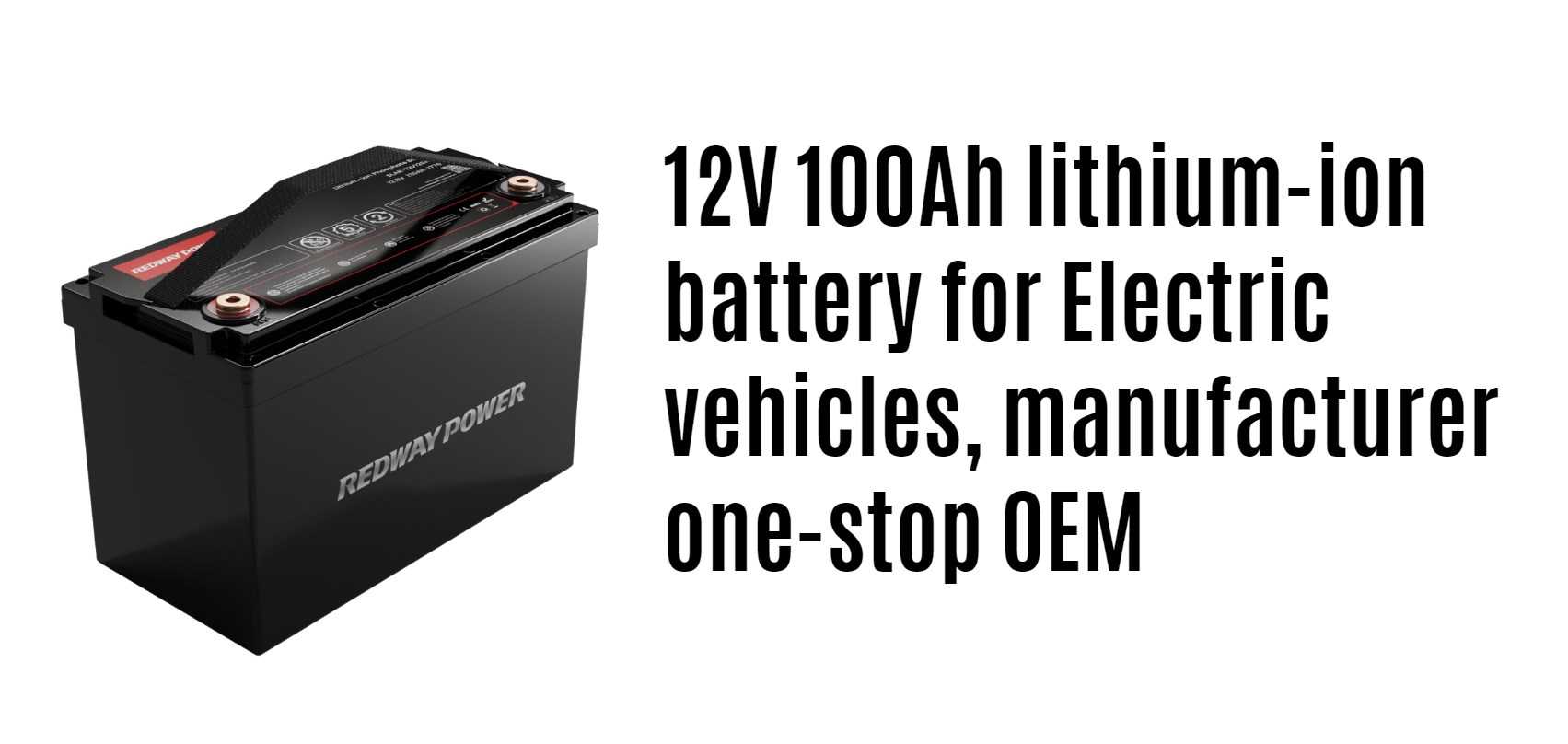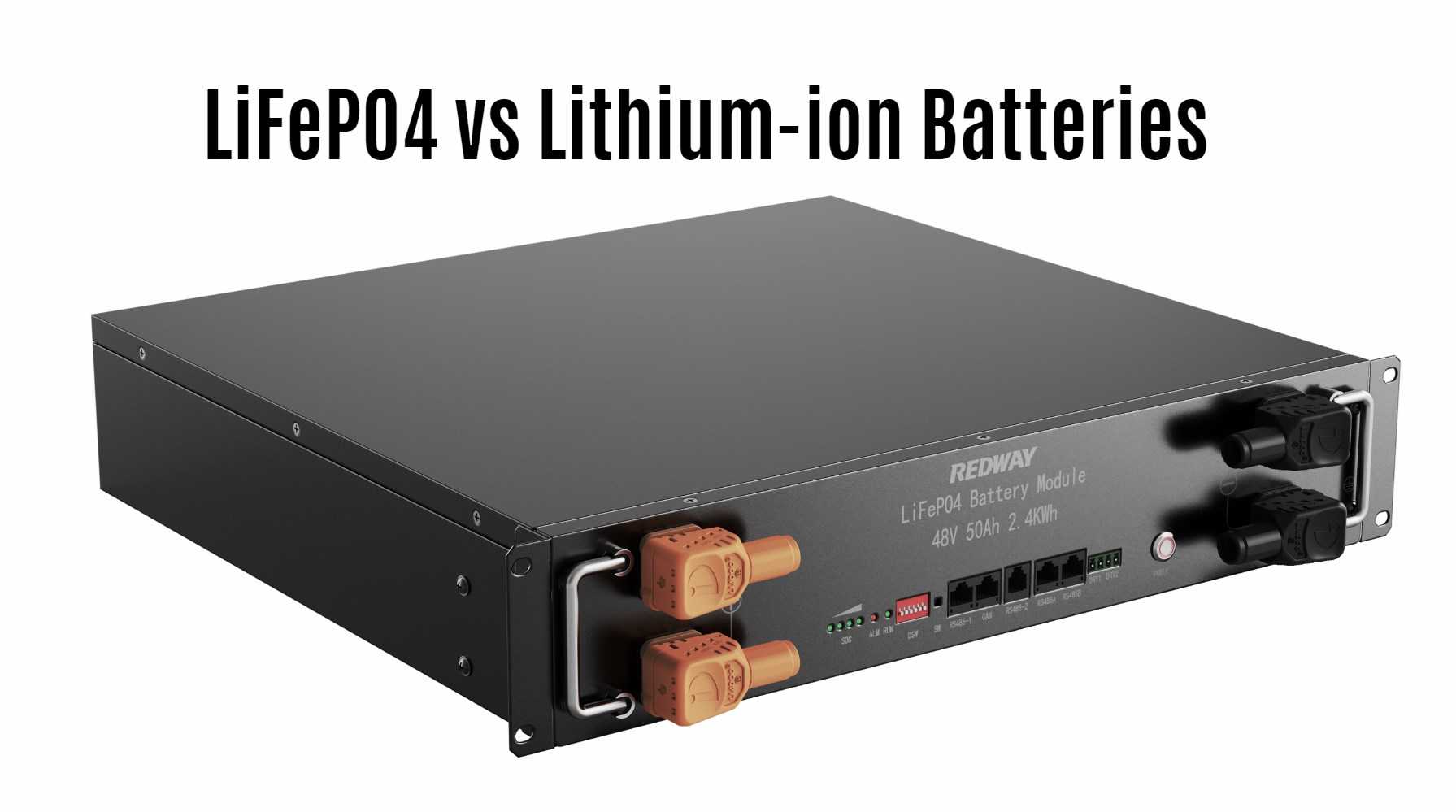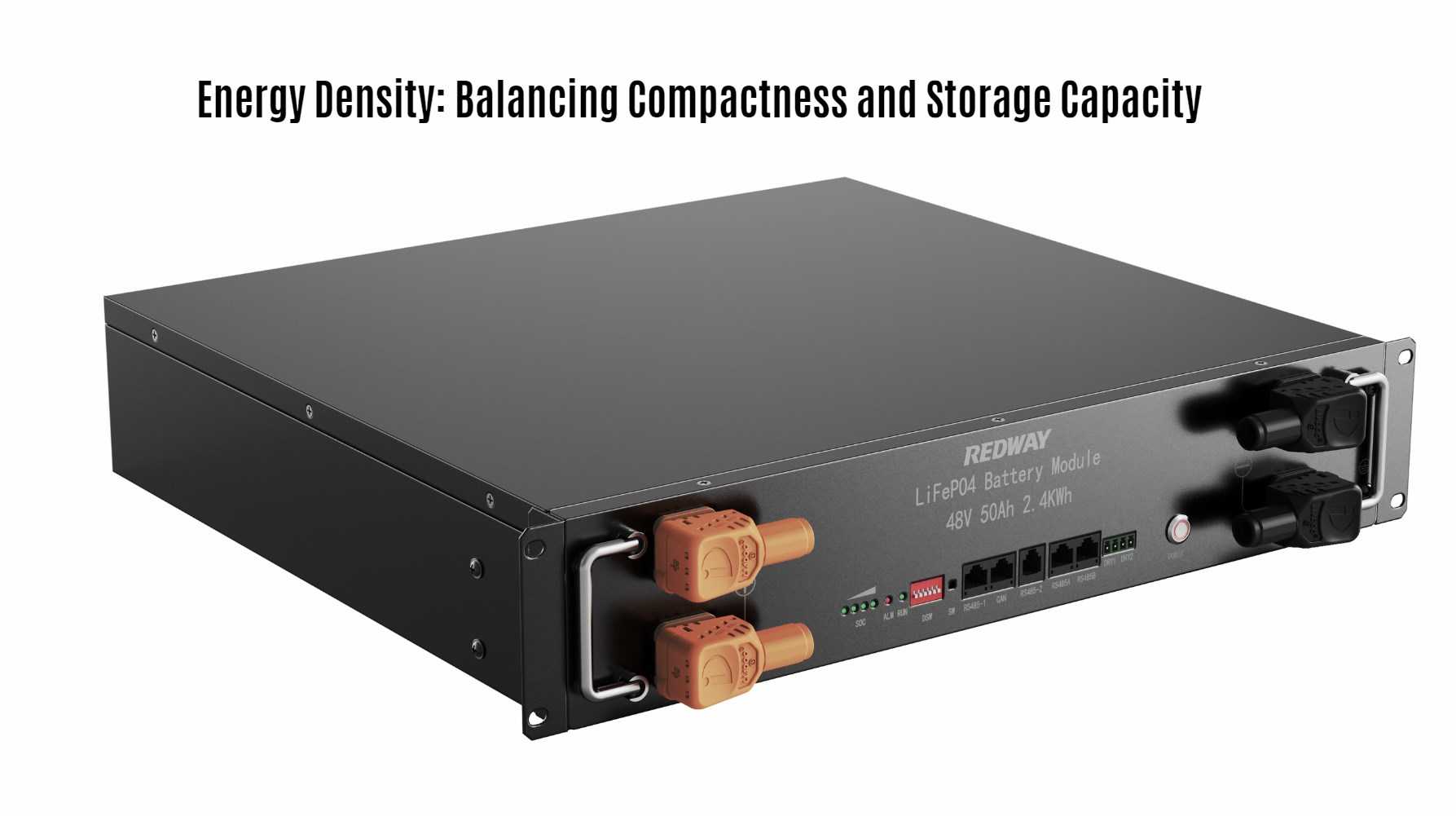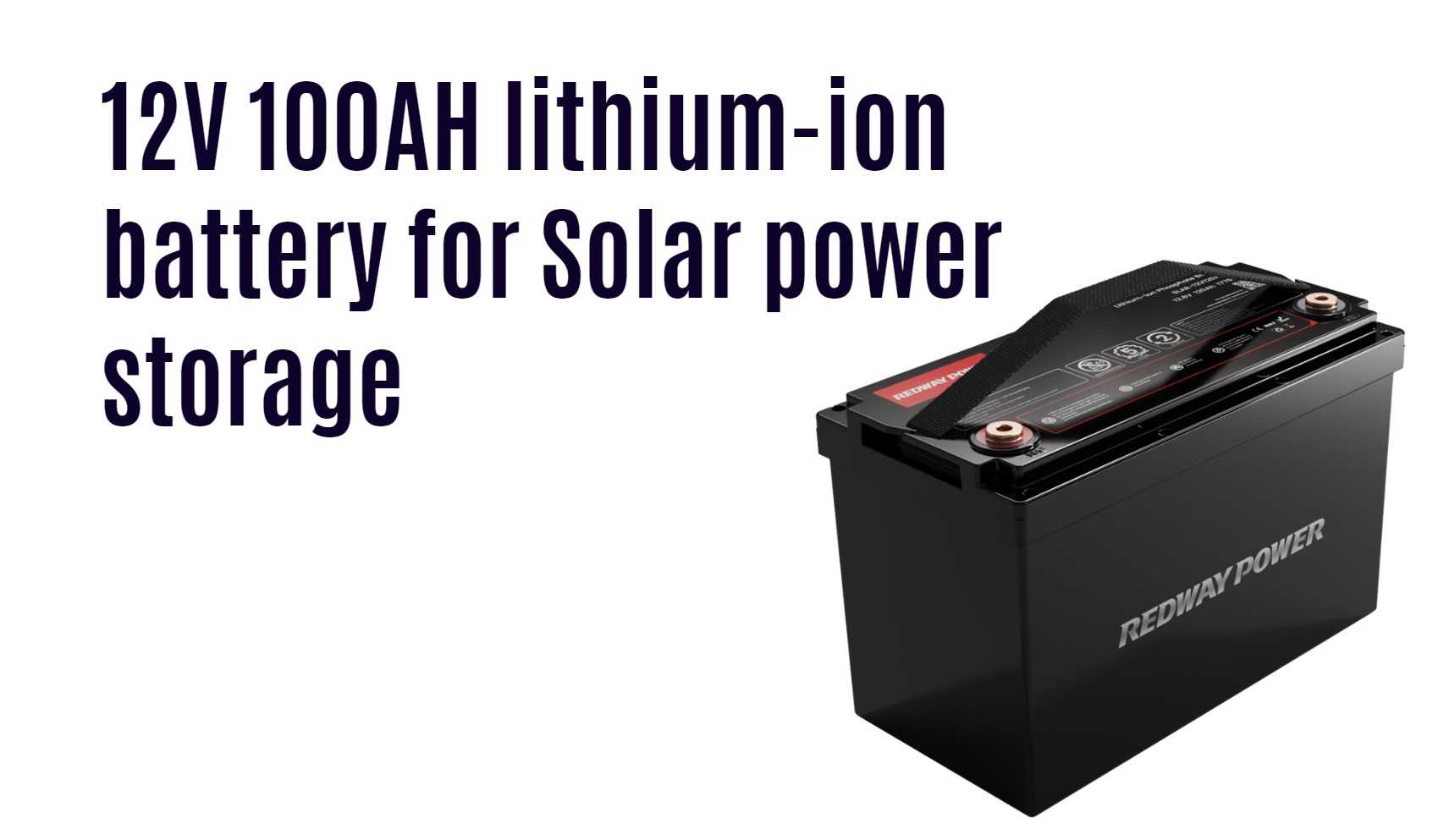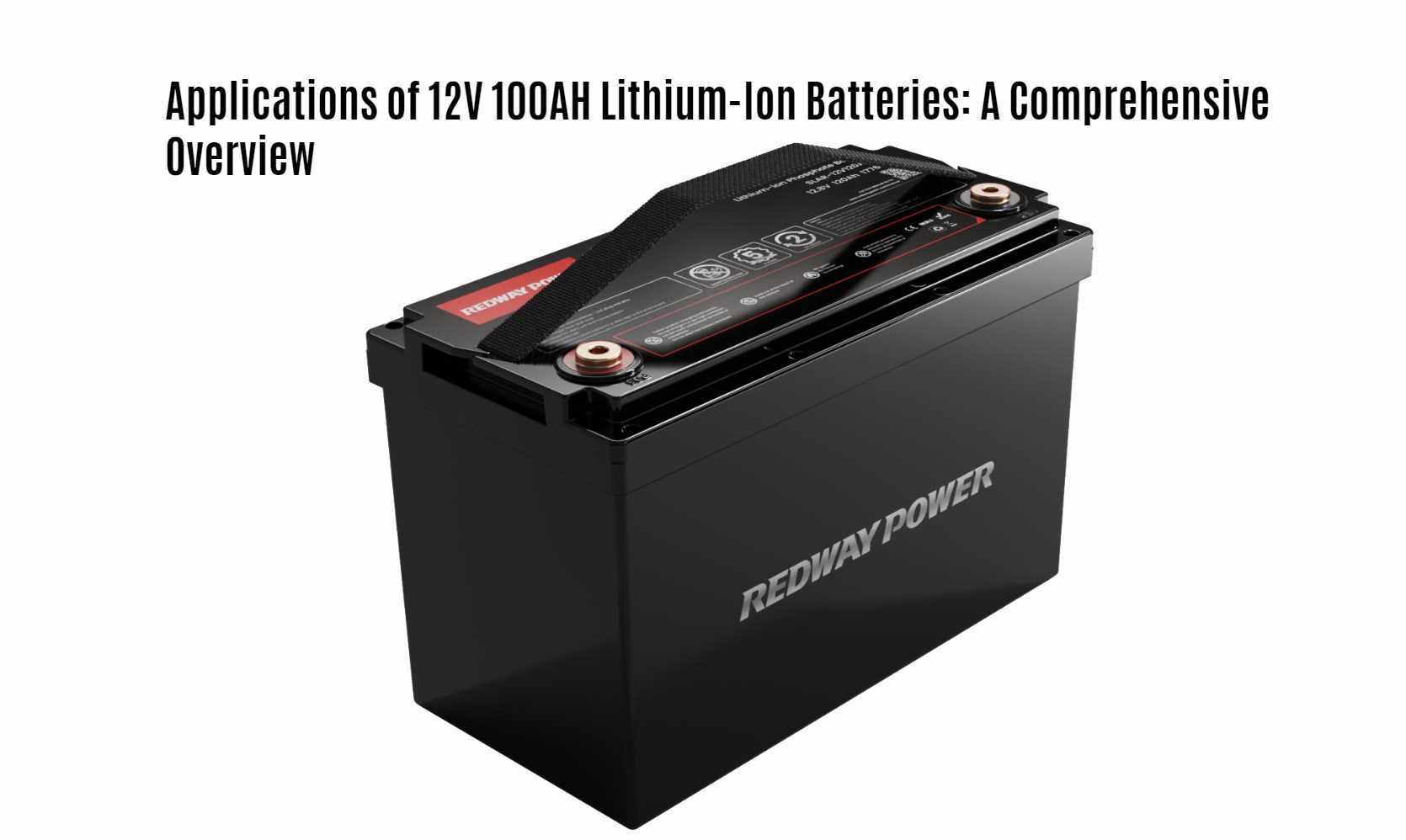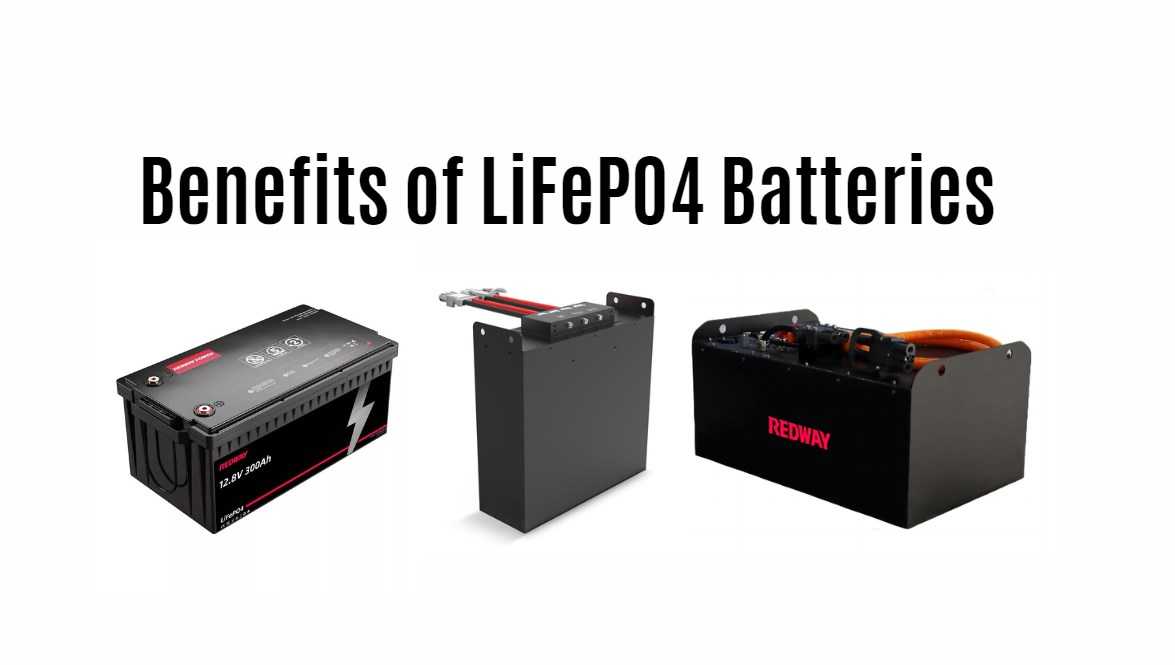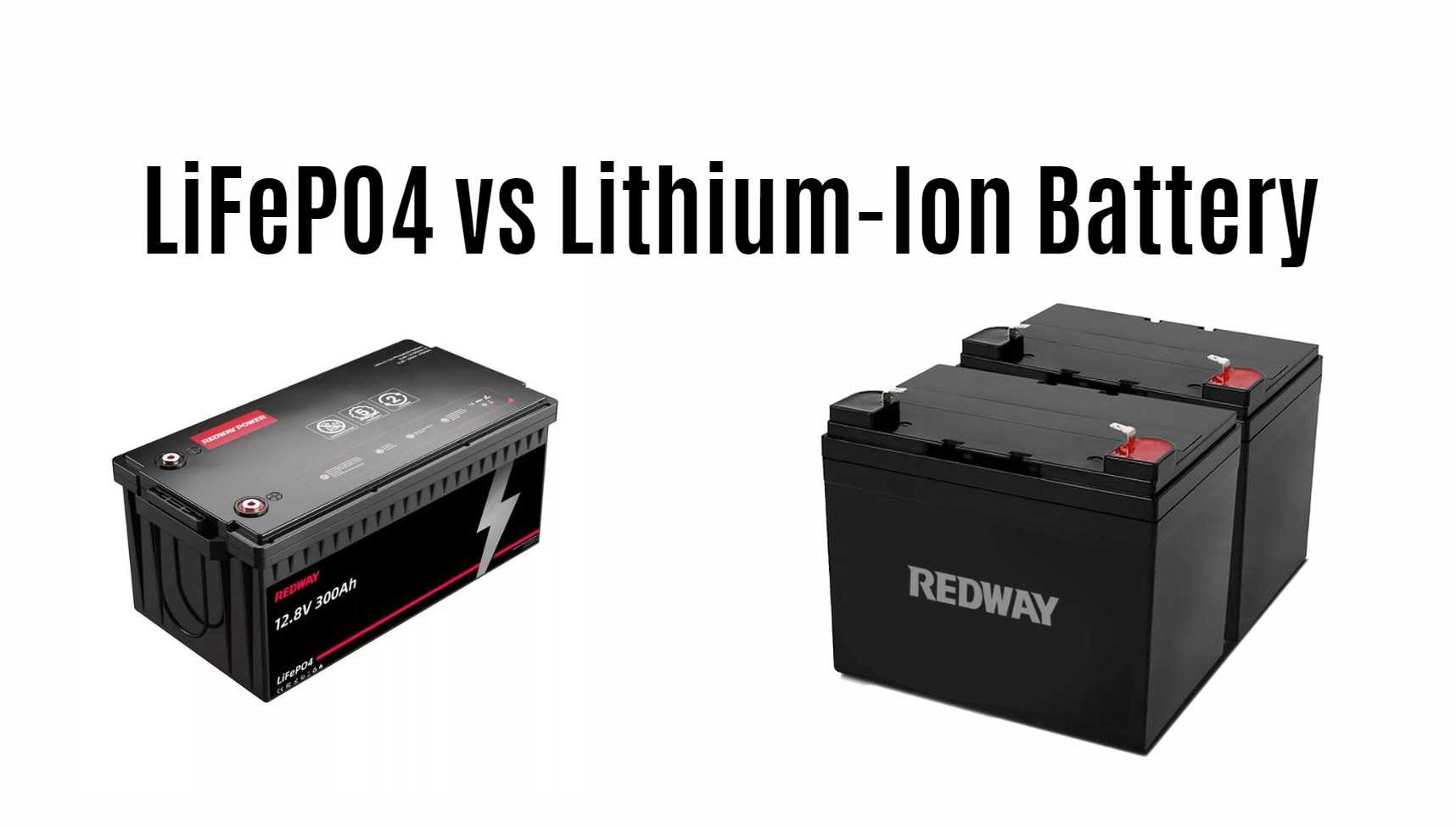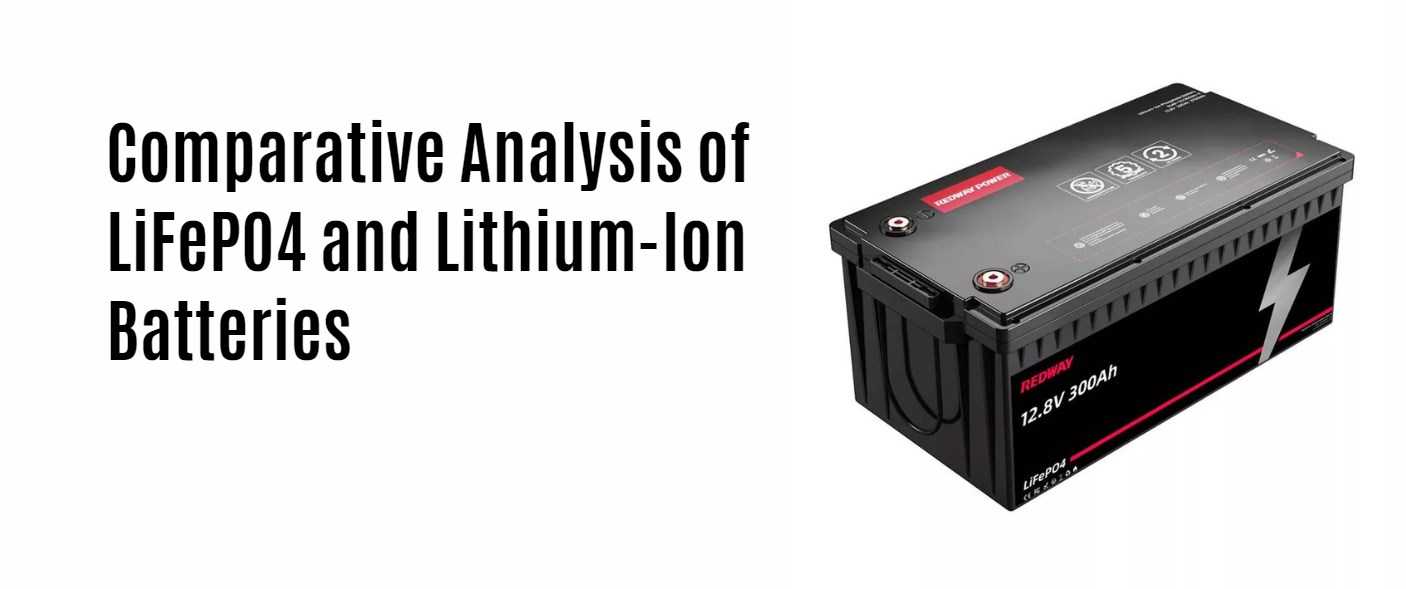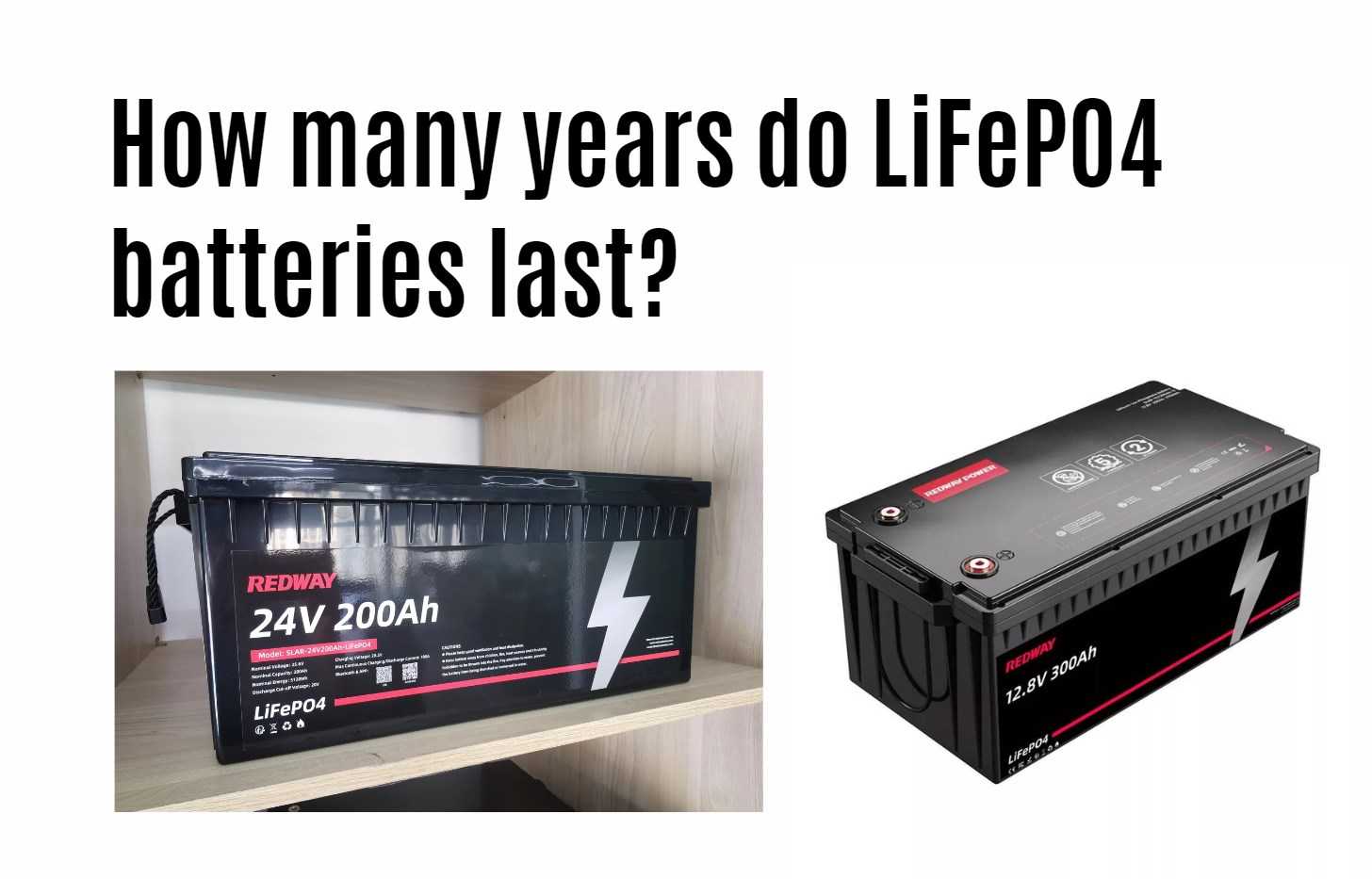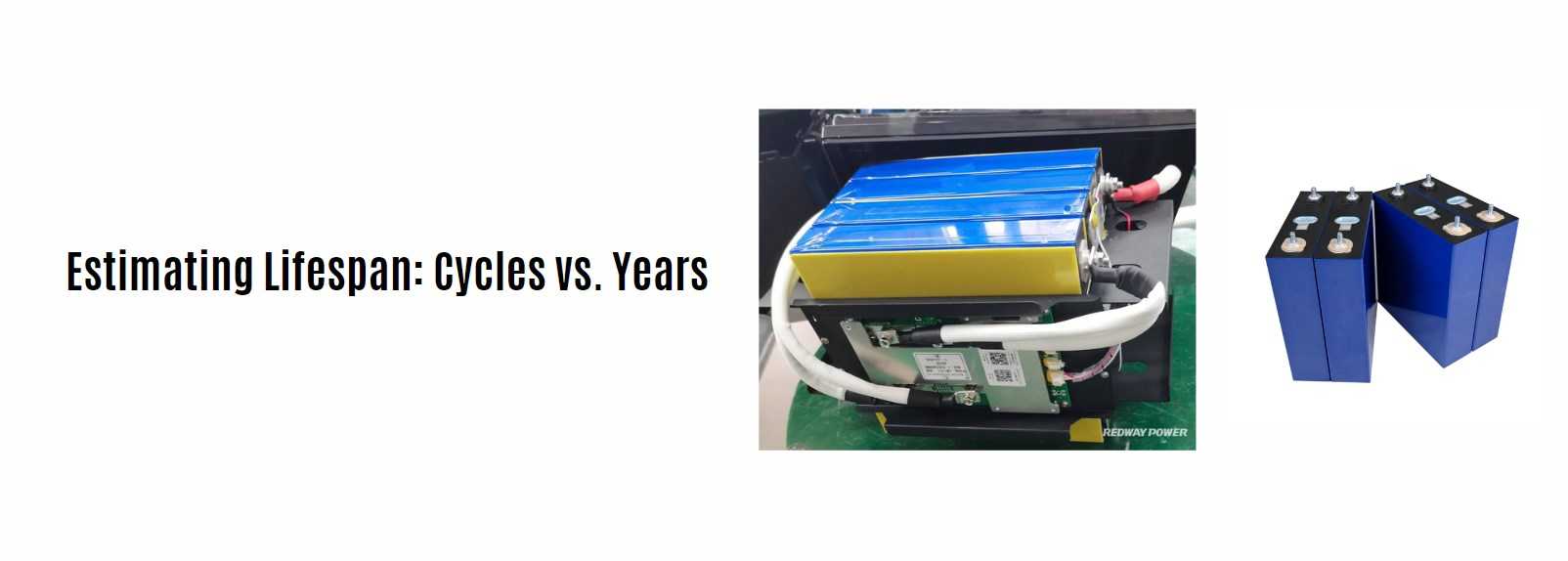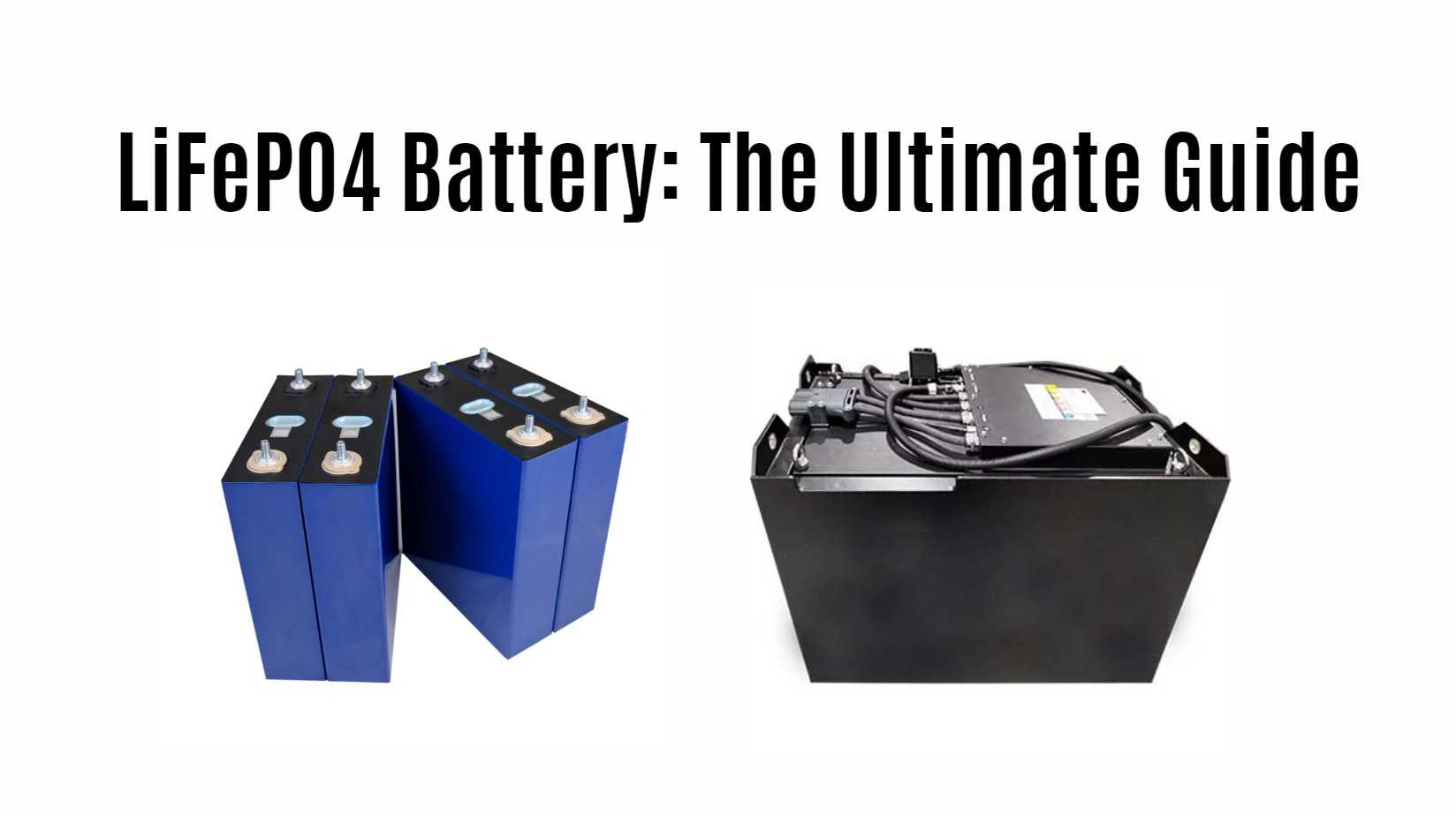Does Marine applications use 12v or 48v lithium ion batteries?
Selecting the right lithium-ion battery for marine applications is a critical decision that affects the performance, safety, and efficiency of your vessel. Whether you’re outfitting a small sailboat or a large commercial vessel, understanding the differences between 12V and 48V lithium-ion batteries and their respective advantages and applications is essential. This guide aims to provide in-depth insights to help you make an informed choice.
12V Lithium-Ion Batteries: Ideal for Small Boats and Backup Power
Advantages
- Lightweight and Compact Design
- 12V lithium-ion batteries are known for their lightweight and compact design, making them easy to handle and install. This feature is particularly beneficial for small boats where space and weight are significant considerations.
- Reliable Backup Power
- These batteries provide consistent and reliable power, ensuring smooth operations of various electronics and appliances on board. They serve as excellent backup power sources for critical systems.
- Efficiency and Performance
- Despite their smaller size, 12V batteries deliver high efficiency and performance, maintaining power stability for smaller marine applications.
Applications
- Small Boats and Yachts
- Ideal for small boats, sailboats, and yachts, 12V batteries fit well in compact spaces without adding significant weight.
- Emergency Backup Power
- They are used as backup power for essential systems, ensuring safety and reliability during unexpected power outages.
48V Lithium-Ion Batteries: Powerhouses for Larger Boats and High-Power Applications
Advantages
- High Power Output
- 48V lithium-ion batteries are designed to meet the high power demands of larger vessels, offering substantial power output and longer run times.
- Suitable for Electric Propulsion
- These batteries are commonly used in electric propulsion systems, providing the necessary energy to drive larger boats efficiently.
- Enhanced Energy Storage
- With a higher voltage, 48V batteries store more energy, making them suitable for extensive marine applications that require robust power solutions.
Applications
- Larger Yachts and Commercial Ships
- They are ideal for larger yachts and commercial ships that have substantial power needs.
- Electric Propulsion Systems
- Widely used in electric propulsion systems, 48V batteries provide the necessary energy for efficient and powerful propulsion.
Key Considerations for Choosing the Right Battery
Power Needs and Application Requirements
Evaluate the specific power demands of your marine equipment. Assess the wattage requirements and the duration for which power needs to be sustained. This assessment will help determine whether a 12V or 48V battery is more suitable.
Space Limitations and Weight Restrictions
Consider the available space on your boat and any weight restrictions. Smaller boats with limited space will benefit from the compactness of 12V batteries, while larger boats can accommodate the bulkier 48V batteries.
Budget Constraints
Factor in your budget when selecting a battery. This includes the cost of the battery itself, installation costs, and any additional components required for integration. While 48V batteries may have a higher initial cost, their efficiency and longevity can offer better long-term value.
Advantages of Lithium-Ion Batteries
High Energy Density
Lithium-ion batteries offer a high energy density, providing more power in a compact and lightweight package compared to traditional lead-acid batteries. This high energy density translates to longer run times and better performance.
Rapid Charge and Discharge Capabilities
These batteries enable rapid charging and discharging, ensuring quick availability of power when needed. This feature is particularly useful in marine applications where efficient energy management is crucial.
Longevity and Low Maintenance
Lithium-ion batteries have a longer lifespan and require less maintenance compared to other battery types. This durability makes them a cost-effective choice in the long run, as they need fewer replacements and repairs.
Conclusion
Choosing the appropriate lithium-ion battery for marine applications is essential for ensuring reliable and efficient power on board. Whether a 12V battery for smaller boats or a 48V battery for larger vessels, understanding your specific power needs, space, weight, and budget constraints will guide you towards the right choice. For expert guidance and tailored solutions, consider consulting with reputable manufacturers who can provide invaluable assistance in navigating this crucial decision.

